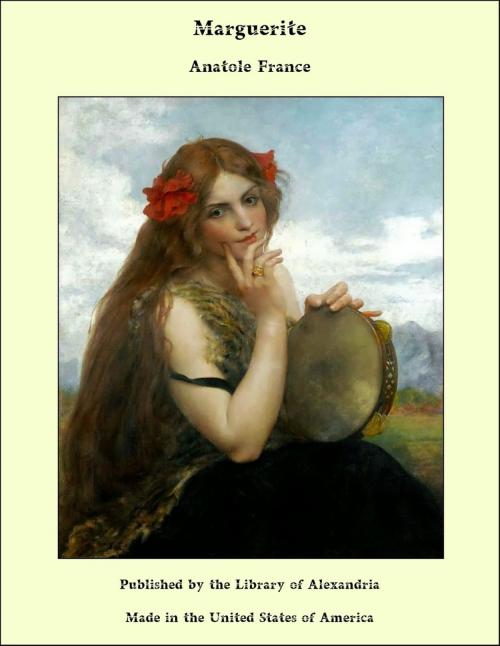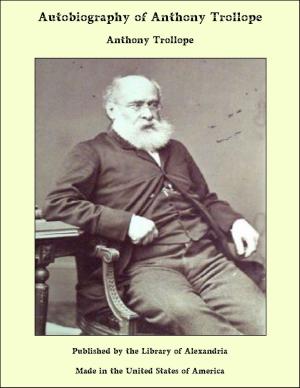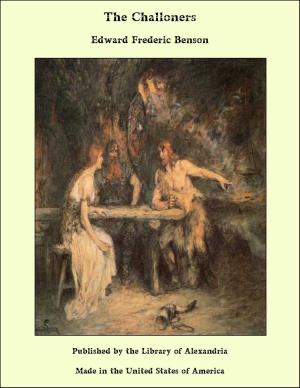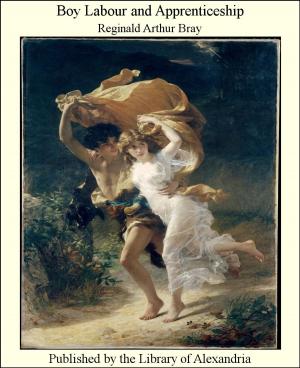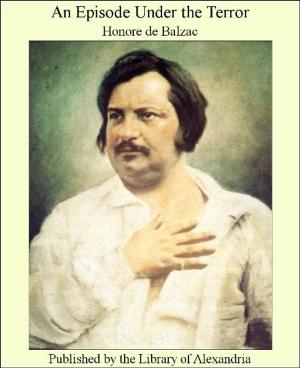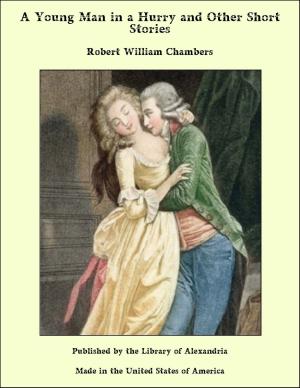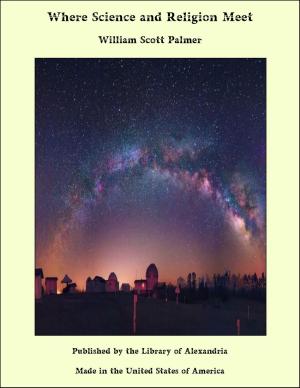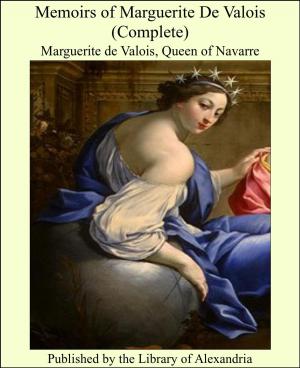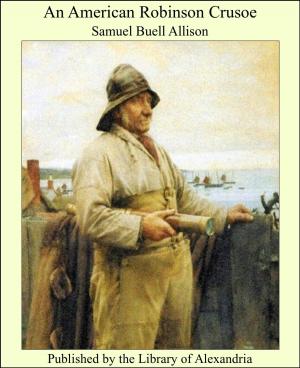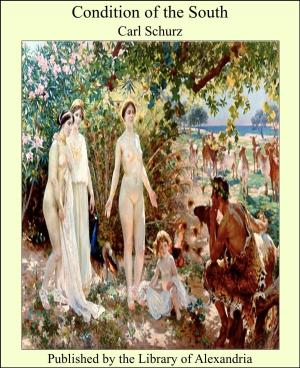| Author: | Anatole France | ISBN: | 9781465604927 |
| Publisher: | Library of Alexandria | Publication: | March 8, 2015 |
| Imprint: | Language: | English |
| Author: | Anatole France |
| ISBN: | 9781465604927 |
| Publisher: | Library of Alexandria |
| Publication: | March 8, 2015 |
| Imprint: | |
| Language: | English |
As I left the Palais-Bourbon at five o'clock that afternoon, it rejoiced my heart to breathe in the sunny air. The sky was bland, the river gleamed, the foliage was fresh and green. Everything seemed to whisper an invitation to idleness. Along the Pont de la Concorde, in the direction of the Champs-Elysées, victorias and landaus kept rolling by. In the shadow of the lowered carriage-hoods, women's faces gleamed clear and radiant and I felt a thrill of pleasure as I watched them flash by like hopes vanishing and reappearing in endless succession. Every woman as she passed by left me with an impression of light and perfume. I think a man, if he is wise, will not ask much more than that of a beautiful woman. A gleam and a perfume! Many a love-affair leaves even less behind it. Moreover, that day, if Fortune herself had run with her wheel a-spinning before my very nose along the pavement of the Pont de la Concorde, I should not have so much as stretched forth an arm to pluck her by her golden hair. I lacked nothing that day; all was mine. It was five o'clock and I was free till dinner-time. Yes, free! Free to saunter at will, to breathe at my ease for two hours, to look on at things and not have to talk, to let my thoughts wander as I listed. All was mine, I say again. My happiness was making me a selfish man. I gazed at everything about me as though it were all a picture, a splendid moving pageant, arranged for my own particular delectation. It seemed to me as though the sun were shining for me alone, as though it were pouring down its torrents of flame upon the river for my special gratification. I somehow thought that all this motley throng was swarming gaily around me for the sole purpose of animating, without destroying, my solitude. And so I almost got the notion that the people about me were quite small, that their apparent size was only an illusion, that they were but puppets; the sort of thoughts a man has when he has nothing to think about. But you must not be angry on that score with a poor man who has had his head crammed chock-full for ten years on end with politics and law making and is wearing away his life with those trivial preoccupations men call affairs of state. In the popular imagination, a law is something abstract, without form or colour. For me a law is a green baize table, sealing-wax, paper, pens, ink-stains, green-shaded candles, books bound in calf, papers yet damp from the printer's and all smelling of printer's ink, conversations in green papered offices, files, bundles of documents, a stuffy smell, speeches, newspapers; a law, in short, is all the hundred and one things, the hundred and one tasks you have to fulfil at all hours, the grey and gentle hours of the morning, the white hours of middle day, the purple hours of evening, the silent, meditative hours of night; tasks which leave you no soul to call your own and rob you of the consciousness of your own identity.
As I left the Palais-Bourbon at five o'clock that afternoon, it rejoiced my heart to breathe in the sunny air. The sky was bland, the river gleamed, the foliage was fresh and green. Everything seemed to whisper an invitation to idleness. Along the Pont de la Concorde, in the direction of the Champs-Elysées, victorias and landaus kept rolling by. In the shadow of the lowered carriage-hoods, women's faces gleamed clear and radiant and I felt a thrill of pleasure as I watched them flash by like hopes vanishing and reappearing in endless succession. Every woman as she passed by left me with an impression of light and perfume. I think a man, if he is wise, will not ask much more than that of a beautiful woman. A gleam and a perfume! Many a love-affair leaves even less behind it. Moreover, that day, if Fortune herself had run with her wheel a-spinning before my very nose along the pavement of the Pont de la Concorde, I should not have so much as stretched forth an arm to pluck her by her golden hair. I lacked nothing that day; all was mine. It was five o'clock and I was free till dinner-time. Yes, free! Free to saunter at will, to breathe at my ease for two hours, to look on at things and not have to talk, to let my thoughts wander as I listed. All was mine, I say again. My happiness was making me a selfish man. I gazed at everything about me as though it were all a picture, a splendid moving pageant, arranged for my own particular delectation. It seemed to me as though the sun were shining for me alone, as though it were pouring down its torrents of flame upon the river for my special gratification. I somehow thought that all this motley throng was swarming gaily around me for the sole purpose of animating, without destroying, my solitude. And so I almost got the notion that the people about me were quite small, that their apparent size was only an illusion, that they were but puppets; the sort of thoughts a man has when he has nothing to think about. But you must not be angry on that score with a poor man who has had his head crammed chock-full for ten years on end with politics and law making and is wearing away his life with those trivial preoccupations men call affairs of state. In the popular imagination, a law is something abstract, without form or colour. For me a law is a green baize table, sealing-wax, paper, pens, ink-stains, green-shaded candles, books bound in calf, papers yet damp from the printer's and all smelling of printer's ink, conversations in green papered offices, files, bundles of documents, a stuffy smell, speeches, newspapers; a law, in short, is all the hundred and one things, the hundred and one tasks you have to fulfil at all hours, the grey and gentle hours of the morning, the white hours of middle day, the purple hours of evening, the silent, meditative hours of night; tasks which leave you no soul to call your own and rob you of the consciousness of your own identity.
